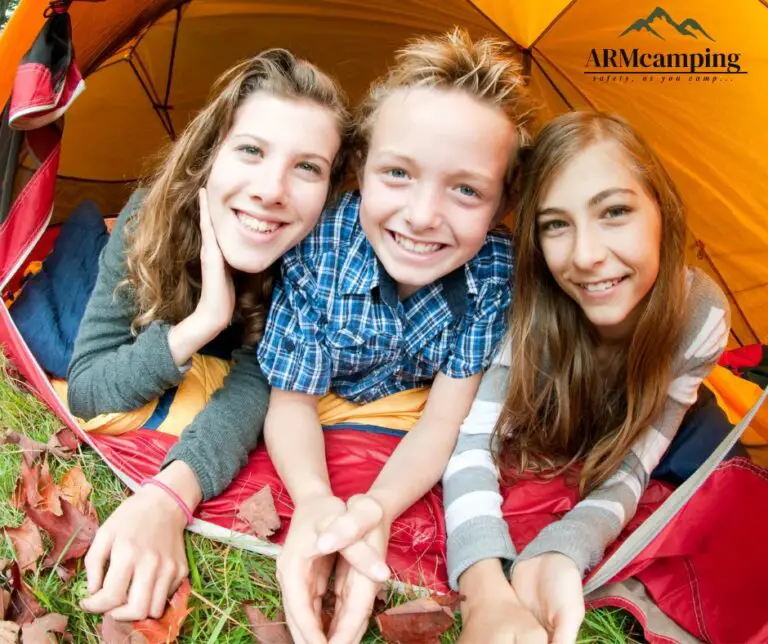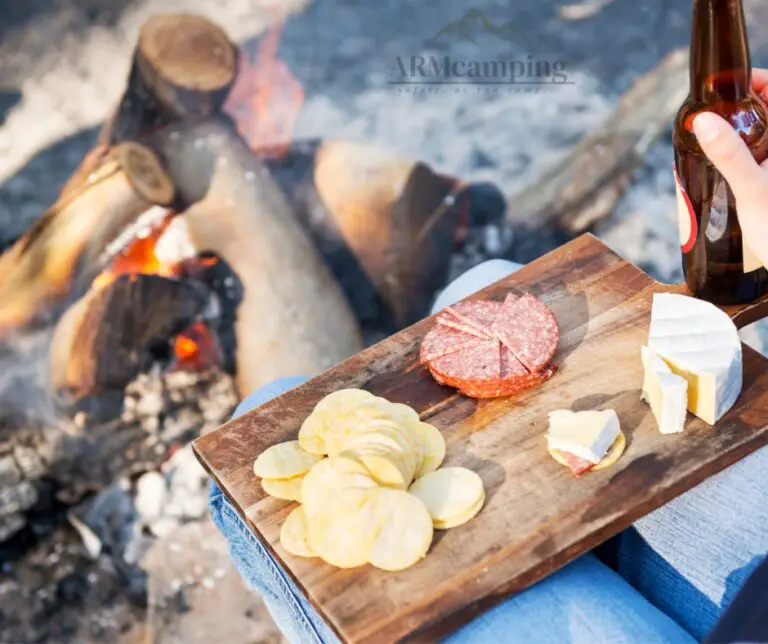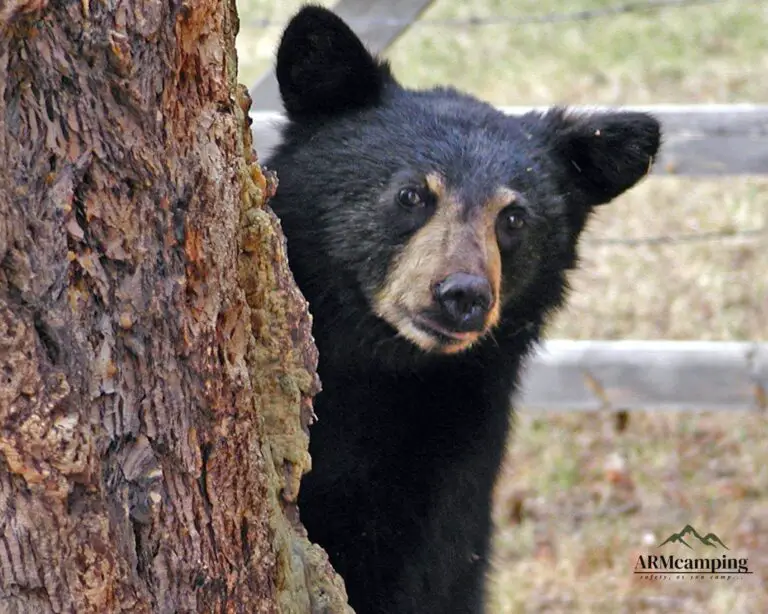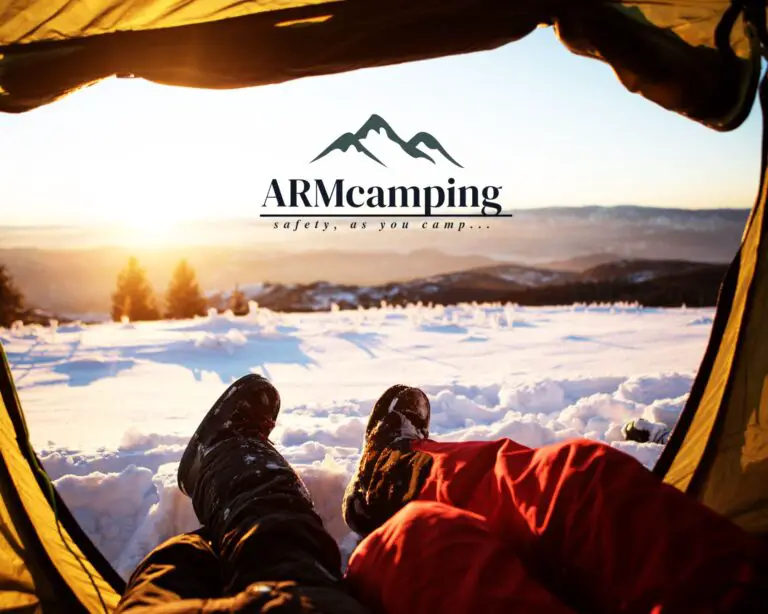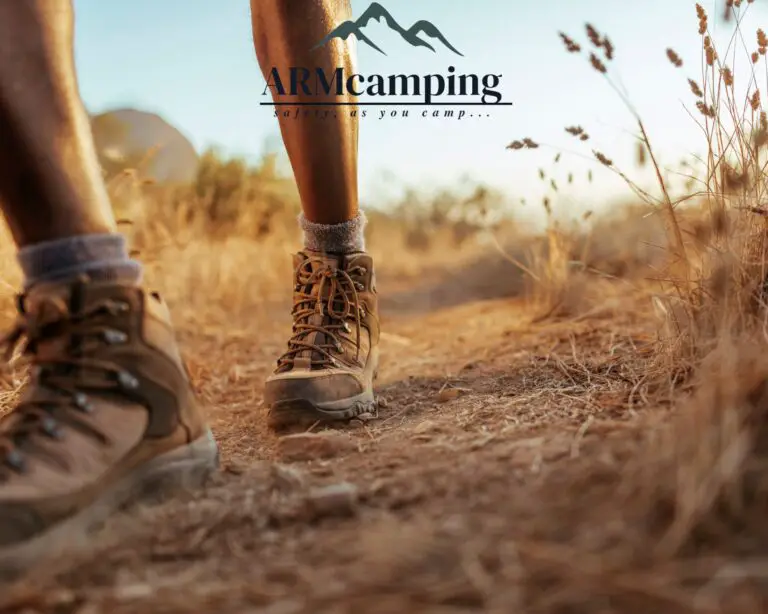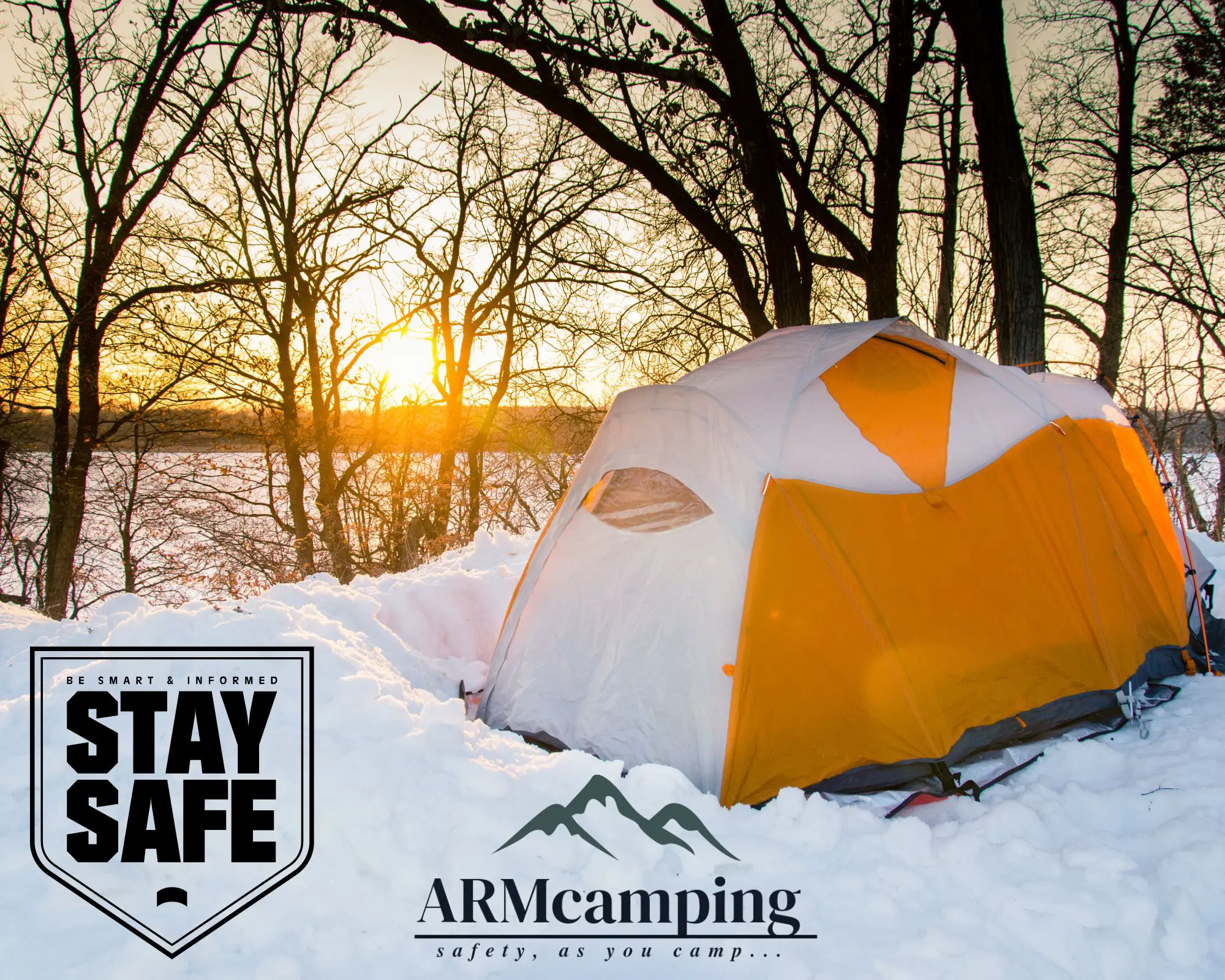
How To Stay Safe When Wild Camping In The US
Table of Contents
Wild camping can be an exciting way to enjoy the great outdoors, but it comes with risks. Wind, sun, and rain can be extremely dangerous when camping in the wilderness. It’s important to know what safety precautions to consider when wild camping, so you can stay safe and enjoy your time in the woods.
However, it’s a beautiful thing when you get to camp in a place you’ve never been before and you can see that no one has been there before you.
It’s a beautiful thing when you have the beauty of nature all to yourself. It’s a beautiful thing when you have a good camping experience and you can share it with the world. But how do you stay safe while wild camping?
In camping, there are many things to consider: what’s the weather like, where you’ll be camping and what are your plans afterward, the food you’ll be eating and the company you’ll be keeping. While it’s all fun, it’s also a good idea to keep your personal safety in mind.
Be Mindful Of Your Surroundings
Camping can be a blast, but it is also a potentially dangerous hobby. Any type of camping can be dangerous if you don’t know what you’re doing.
Whether you’re going camping or hiking, it’s important to be aware of your environment. Camping and hiking are outdoor activities, a great way to get out in the fresh air and have a great time with friends and family.
However, it’s easy to forget to be cautious when away from home, which can lead to dangerous situations, such as running into a bear or getting lost in the woods.
You always need to be mindful of your surroundings when you are wild camping—but there are some things to consider when you are camping in an area that may be less populated than you are used to. When setting up your camping area, there are some basic rules you should follow:
-
- We should respect nature,
- We should respect the amenities,
- Maintain your discipline,
- Select the convenient camping style,
- We should respect other campers,
- Take charge of the music,
- When it’s suitable, use inside voices,
- Ensure that the youngsters are (relatively) quiet,
- Pets must be under control,
- Consider the lighting.
A considerate camper will keep his or her conversations private and not use profanity. Avoid using loud devices that disturb the natural tranquility that other campers love.
With fires, common sense reigns supreme: only use designated fire rings or pits, build a manageable fire, and never leave a fire unattended.
A reusable shopping bag with a solid handle works well for collecting sticks and can contain enough to create a fire.
Kids enjoy helping, so give them a sack and send them out, and there will be plenty of firewood available in no time.
Hazardous Weather And Dealing With The Elements
Although there are many safety precautions to consider when wild camping, such as choosing a safe place to camp and not camp in places that are prone to harsh weather.
However, we all have our own way of dealing with the wilderness, but what do you do when it’s too wet, too cold, or too hot to be outside?
Is there any way to protect yourself from the elements while you’re camping? And, if so, how can you do it in a way that’s safe and comfortable? However, you can minimize the risks of being caught in the middle of a storm and enjoy the outdoors without getting hurt by taking simple precautions.
-
- Get a tent for all-weather,
- Avoid lightning strikes,
- Avoiding flash floods,
- avoid hypothermia,
- avoid dehydration.
Prepare with proper clothing layers and sleepwear if you’re camping in an unfamiliar ecosystem or region.
To avoid sun exposure, always use sunscreen, caps, long sleeve shirts, sunglasses, or stay in the shade.
Know the fire hazard levels and rules in your camping location so that nothing gets out of hand. If it will be cold and it is permissible, bring a quality folding camping saw to cut firewood, as well as an emergency blanket just in case.
Animals And Wildlife
Although wild camping is one of the most popular outdoor activities, and the outdoors is full of life, it can present some unusual dangers.
A few of these dangers are animals, bears, insects, snakes, and predators. Although wild camping does not occur very often, the number of people who have been attacked by bears has been on the rise.
But as we know that camping is a great way to get away from the busyness of life and connect with nature. But there are some dangers to wild camping that you need to be aware of.
The most important is the possibility of encountering animals. While the vast majority of wild animals are harmful, some can cause serious harm to humans.
For example, bears are the most dangerous wild animals for humans in the United States. Fortunately, you can protect yourself from wildlife by following a few guidelines.
-
- Stay clear of wild animals
- Don’t leave food out
- Don’t sleep next to food or water
- Avoid wearing bright colors
- Keep your dogs close to your tent
- Avoid mosquito bites
- Camp with bear spray
- Check out for ticks
You can check out some of the fatal bear attacks in North America, check here!
Be Prepared In The Case Of An Emergency
The summer months are prime time to be camping, and while many people go outdoors intending to find seclusion and escape the stresses of everyday life, others are looking to benefit from the beauty of nature.
While it’s easy to see the beauty in nature’s natural beauty, it’s easy to forget that nature still provides several risks—some of which may not be immediately obvious, especially when you’re not paying attention.
It’s always nice to prepare for an emergency. What might you need to do to be prepared?
- First, always have a first aid kit at your campsite.
- Second, have a map of the area you are camping in.
- Third, make sure you have a radio for communications.
- Fourth, always wear a hat when you are out camping to keep the sun out of your eyes.
- Fifth, make sure you know how to effectively use your fire starter, shovel, and other camping equipment.
- Sixth, make sure you have enough food and water for the weekend.
- Seventh, always pack a flashlight or headlamp.
And, if you want to go a step further, here are a few additional safety tips. Check here to read some amazing Tips For Safety From Nasty Animals While Camping
When Wild Camping, Always Go With A Friend
Thinking about taking your next camping trip, but worry about being in the wilderness, alone? You should be, and that is why it’s advisable you go with a friend.
Camping with friends is an outstanding experience. It allows you to be more adventurous and helps you learn how to live outdoors better.
With that being said, being with a partner or two while camping can also be an exceptional experience. It allows you to be more adventurous and take better care of your loved ones.
Never Start An Open Fire, Bring A Gas Camping Stove Instead
Camping is a popular outdoor hobby, and many people enjoy it. However, it’s important to be aware of the dangers that can happen when camping, and how you stay safe.
The phrase “open fire” conjures up a sense of warmth and safety, with flames and smoke churning out of the chimney. However, this is a misleading phrase since it is the smoke that causes the greatest danger.
Smoked food is no better for you than cooked food, and open fires are a dangerous and unnecessary way to cook food. It can also be a dangerous and potentially fatal activity if not practiced safely.
While most campsites are safe and have adequate amenities, there are some risks that are often overlooked. Camping sites with trees, fire pits, and water sources, for example, are excellent places to start a fire during the summer months.
However, it is important to follow a few simple safety precautions, especially in areas where campfires are prohibited.
If you want the best camping and backpacking stove ever, check here!
Bring A Cell Phone, And Charging Pack
When you are camping with a group, one of the first questions that always comes up is “Can I bring my cell phone?” and the answer has to be “Yes, but only if you bring a charging pack”.
We all know that camping can be very dangerous if you are not prepared. You are out at remote locations with unfamiliar terrain, and you might have to deal with things you have never encountered before.
But have you ever thought about how to protect yourself from the most common camping upside? Bringing your cell phone can help you get in touch with emergency services for any unexpected emergencies.
Finally
In conclusion, if you are going to a wild camp in the USA, you need to be aware of the dangers that exist and do what you can to minimize them.
In many areas, it is illegal to wild camp for many reasons, but you should never stop respecting the land and what it offers you.
That’s why we have given you a few tips on how to stay safe while you try to find your own place in nature and hopefully these will help you stay safe while camping in the wilderness in the United States.

